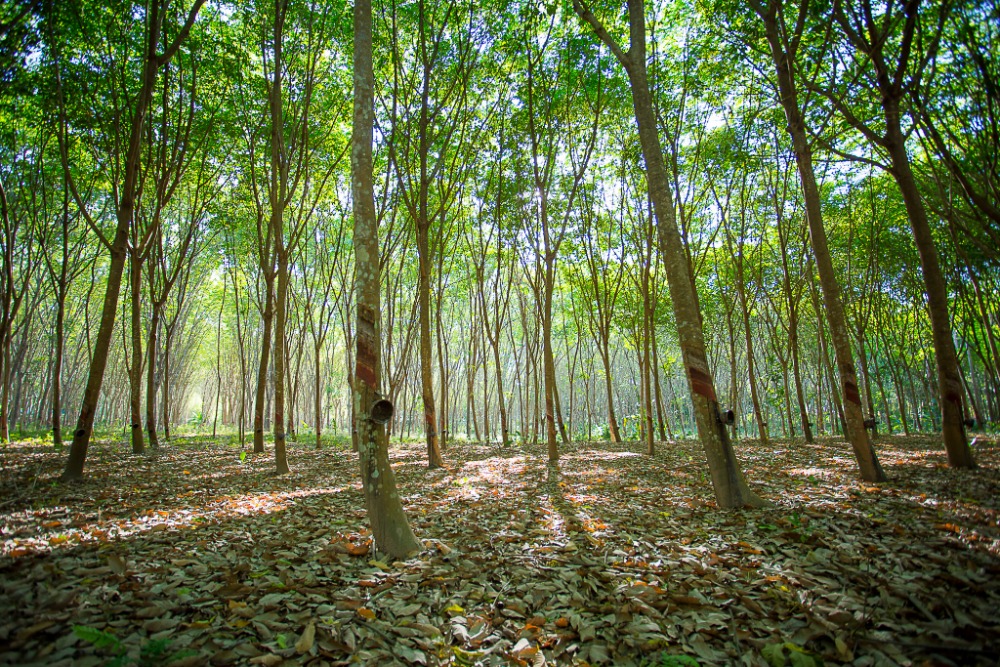The Southeast Asian rubber sector, from Cambodia's 30,000 small farmers to major exporters in Thailand and Malaysia, faces potential disruption due to new European Union (EU) regulations aimed at curbing deforestation.
The EU's Deforestation Regulation (EUDR) targets seven commodities, including rubber, and prohibits imports from land deforested after December 31, 2020. Companies dealing in these imports must provide "conclusive and verifiable information" about their supply chains, complying with mandatory regulations by December 2024 for larger companies and June 2025 for smaller ones.
Critics argue that the requirements may disproportionately impact small farmers without adequately addressing rubber's role in deforestation. Jean-Christophe Diepart, a Cambodian geo-agronomist, told NIKKEI Asia that strict monitoring and tracking could have potential implications for smallholders and favor large corporations with greater resources.
Similar concerns arise in Malaysia, where the $2 billion rubber export industry, representing 17% of rubber products shipped to the EU, stands to be affected. Malaysian rubber farmers and palm oil growers have petitioned the EU, labeling the demands stipulated in the EUDR as "unilateral and unrealistic."
Thailand, the world's leading rubber producer and exporter, is proactively addressing the new rules. Regulators have established a national platform to assist over 5 million farmers in meeting traceability requirements. About 95% of industry players in Thailand have already registered on this platform, providing comprehensive information on the supply chain.
In Cambodia, where rubber is a major export to Vietnam, discrepancies in trade records highlight challenges. Cambodia reported $289 million worth of rubber exports to Vietnam in 2021, while Vietnam recorded imports worth $1.5 billion, raising concerns about traceability and economic losses for Cambodia's local processors.
Vietnam, a significant rubber exporter to the EU, faces compliance challenges as rubber from Cambodia and Laos, once in Vietnam, is mixed with local rubber, making traceability "almost impossible."
Critics argue that the EUDR may not consider cross-border trade complexities, especially for smallholders engaging in cash transactions. The regulation's late arrival raises questions about its effectiveness in undoing past environmental damage caused by the rubber boom.
Producers, both large and small, express concerns about who will bear the added cost of compliance. The financial strain on producers is already evident as production costs rise while rubber prices stagnate.
Despite challenges, some producers see an opportunity for tougher sustainability requirements to boost local processing and manufacturing. Producers hope this will encourage adaptation to new trends and promote local products, ultimately supporting a more sustainable rubber industry, reports Nikkei Asia.
